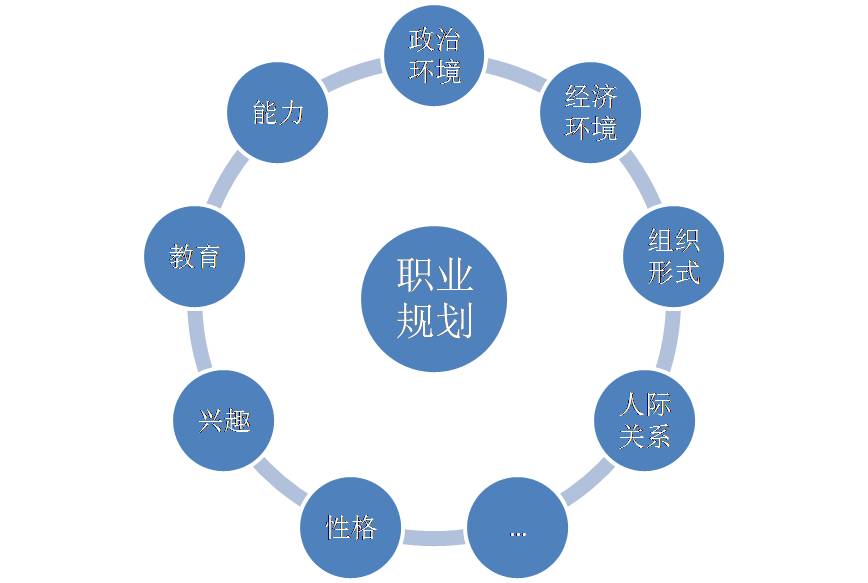Title: The Power of Not Knowing
In a world that celebrates knowledge and expertise, the virtue of not knowing might seem counterintuitive. However, embracing our ignorance can be a profoundly empowering and transformative experience. This essay explores the power embedded in the state of not knowing and how it can lead to personal growth, intellectual humility, and a more open-minded approach to life's challenges.
At the heart of the power of not knowing is the recognition that every individual exists within the confines of their own knowledge bubble. By acknowledging what we do not know, we open ourselves up to new perspectives and ideas. This admission of ignorance fosters curiosity, a driving force behind learning and discovery. Curiosity propels us to ask questions, seek answers, and engage with the world around us in a way that is active and participatory rather than passive and receptive.
The power of not knowing also lies in its ability to cultivate intellectual humility. In an age where information is abundant and opinions are ubiquitous, it is easy to become overconfident in one's understanding of complex issues. Acknowledging our lack of knowledge encourages us to listen more attentively, to consider different viewpoints, and to appreciate the nuances and complexities of subjects we may have previously dismissed as simple or straightforward. Intellectual humility, therefore, becomes a bridge to empathy and understanding, allowing us to connect more deeply with others and with the broader human experience.
Moreover, the state of not knowing can serve as a powerful antidote to the biases and preconceptions that often cloud our judgment. When we approach a situation with a preconceived notion of what we believe to be true, we run the risk of confirmation bias, where we only seek out information that reinforces our existing beliefs. Admitting what we do not know forces us to approach problems with a clean slate, enabling us to evaluate information objectively and make more informed decisions. This objectivity is crucial in fields as diverse as science, law, and politics, where the consequences of biased thinking can be severe.
The power of not knowing extends to the realm of innovation and creativity. Often, the greatest breakthroughs come from asking questions that challenge the status quo, from exploring areas where existing knowledge offers no clear answers. By admitting our ignorance, we create space for imagination and intuition to flourish, paving the way for innovative solutions and creative expressions that push the boundaries of what is possible.
In conclusion, the power of not knowing should not be underestimated. It is a catalyst for personal and intellectual growth, a source of humility and objectivity, and a fertile ground for innovation and creativity. By embracing our ignorance, we open ourselves up to a world of possibilities, where every question asked and every answer sought brings us closer to understanding our complex and ever-changing world.
In a world that celebrates knowledge and expertise, the virtue of not knowing might seem counterintuitive. However, embracing our ignorance can be a profoundly empowering and transformative experience. This essay explores the power embedded in the state of not knowing and how it can lead to personal growth, intellectual humility, and a more open-minded approach to life's challenges.
At the heart of the power of not knowing is the recognition that every individual exists within the confines of their own knowledge bubble. By acknowledging what we do not know, we open ourselves up to new perspectives and ideas. This admission of ignorance fosters curiosity, a driving force behind learning and discovery. Curiosity propels us to ask questions, seek answers, and engage with the world around us in a way that is active and participatory rather than passive and receptive.
The power of not knowing also lies in its ability to cultivate intellectual humility. In an age where information is abundant and opinions are ubiquitous, it is easy to become overconfident in one's understanding of complex issues. Acknowledging our lack of knowledge encourages us to listen more attentively, to consider different viewpoints, and to appreciate the nuances and complexities of subjects we may have previously dismissed as simple or straightforward. Intellectual humility, therefore, becomes a bridge to empathy and understanding, allowing us to connect more deeply with others and with the broader human experience.
Moreover, the state of not knowing can serve as a powerful antidote to the biases and preconceptions that often cloud our judgment. When we approach a situation with a preconceived notion of what we believe to be true, we run the risk of confirmation bias, where we only seek out information that reinforces our existing beliefs. Admitting what we do not know forces us to approach problems with a clean slate, enabling us to evaluate information objectively and make more informed decisions. This objectivity is crucial in fields as diverse as science, law, and politics, where the consequences of biased thinking can be severe.
The power of not knowing extends to the realm of innovation and creativity. Often, the greatest breakthroughs come from asking questions that challenge the status quo, from exploring areas where existing knowledge offers no clear answers. By admitting our ignorance, we create space for imagination and intuition to flourish, paving the way for innovative solutions and creative expressions that push the boundaries of what is possible.
In conclusion, the power of not knowing should not be underestimated. It is a catalyst for personal and intellectual growth, a source of humility and objectivity, and a fertile ground for innovation and creativity. By embracing our ignorance, we open ourselves up to a world of possibilities, where every question asked and every answer sought brings us closer to understanding our complex and ever-changing world.




